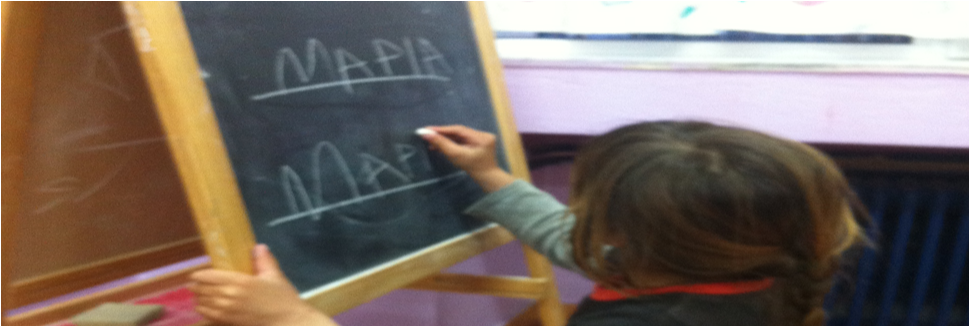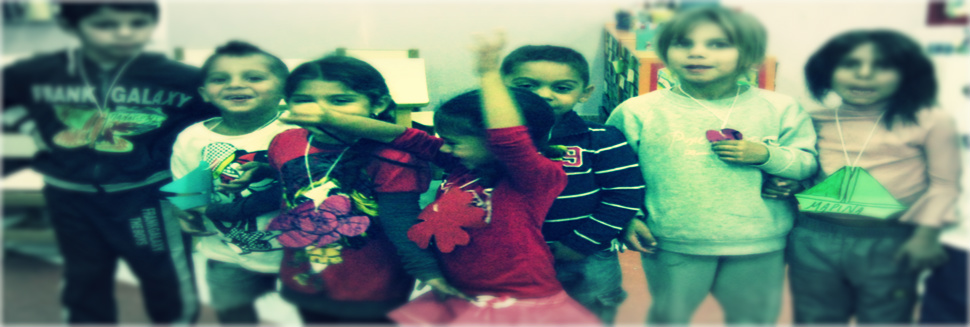MyBeautifulSchool – a place where it is possible to be happy
This Italian project is especially innovative: it is inspired by lessons learned from
impoverished regions in the past, where very harsh living conditions made it nearly
impossible for children to bridge the cultural gap between their own familiar world
and that of formal education. Today, Roma children’s access to formal education is
often limited in a way that is reminiscent of the situation of those children in remote,
rural areas of Europe at the beginning of the 20th Century.
The ‘Montessori method’ was developed as an attempt to understand and help
children in impoverished settings who had major difficulties in benefitting from any
education offered to them. Such an approach was first trialled in Villa Montesca and
was based on the revolutionary idea that it is the educative space that has to be
adapted to the children, not the contrary. The Montessori method, based on the
relationship between education and the environment, showed that it was possible
to obtain significant educative results with all social groups and it is not implemented
in the context of impoverished Roma communities.
The objectives of this project include exploring the experience of the establishment
of a cultural centre in the Vilnius Kirtimai Roma settlement, Lithuania, where Gagè
and Roma cultural activities help improve mutual understanding between the two
communities.
Coordinator: VILLA MONTESCA RESEARCH AND TRAINING CENTER, IT
Website: www.montesca.it | Tel.: +39 0758521512
E-mail: This email address is being protected from spambots. You need JavaScript enabled to view it.
| Contact person: Mr Fabrizio Boldrini
Site: http://www.roma.lt/v2/index.php?my-beautiful-school-a-place-where-it-is-possibile-to-be-happy

















